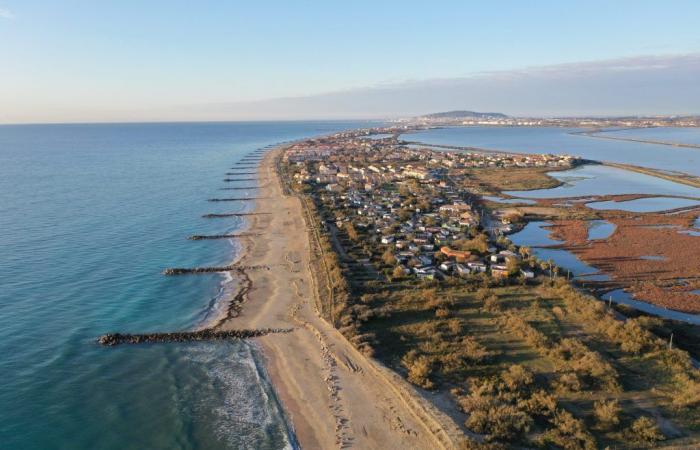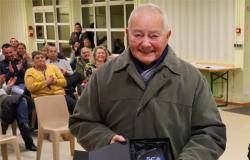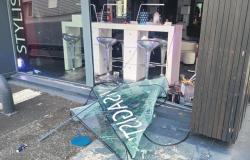The sea is rising. The coastline, the border between land and sea, is receding under the effect of coastal erosion and climate change. The cause is natural phenomena linked to the transport of sediments, the action of human societies on the environment and global warming which accentuates the rise in sea levels. How to adapt? What changes will you need to implement in the medium and long term? This is the entire reflection of the Development Partnership Project (PPA) – spatial recomposition carried out by Sète Agglopôle Méditerranée in close collaboration with the municipalities of the Thau basin, residents and socio-economic stakeholders. The public meetings organized in June allowed everyone to express their vision of the territory and the problems to anticipate in all areas (housing, employment, tourism, mode of travel, etc.) in the face of rising water levels.
Ultimately, the PPA will have to propose urban development scenarios taking into account the impact of climate change, zero net artificialization of land and the retreat of the coastline by the middle and end of the century. To do this, 4 axes have been defined:
- identify the vulnerabilities of seaside and pond communities,
- establish a land strategy to regenerate or recycle the urban fabric,
- predict spatial recomposition
- involve residents and socio-professionals in the process in order to determine solutions approved by the general public.
Frontignan la Peyrade, like Sète, is directly associated with the project due to its maritime facade, its commitment and inclusion on the decree list of the climate and resilience law of August 22, 2021 which provides communities with tools, like the PPA, to lead territorial recomposition in the face of climate change. In the fall, thematic workshops are scheduled to continue consultation work with citizens.
“Awareness of the evolution of the lido leads us to think now about adaptation strategies to remain masters of our destiny. We have embarked on this process for 3 years, including regular meetings with citizens. The objective is to find a point of balance between the protection of people and the necessary urban transformation of the coastline.”
Loic Linares, municipal councilor responsible for sustainable development and democratic transition, 2nd vice-president of Sète Agglopôle Méditerranée






